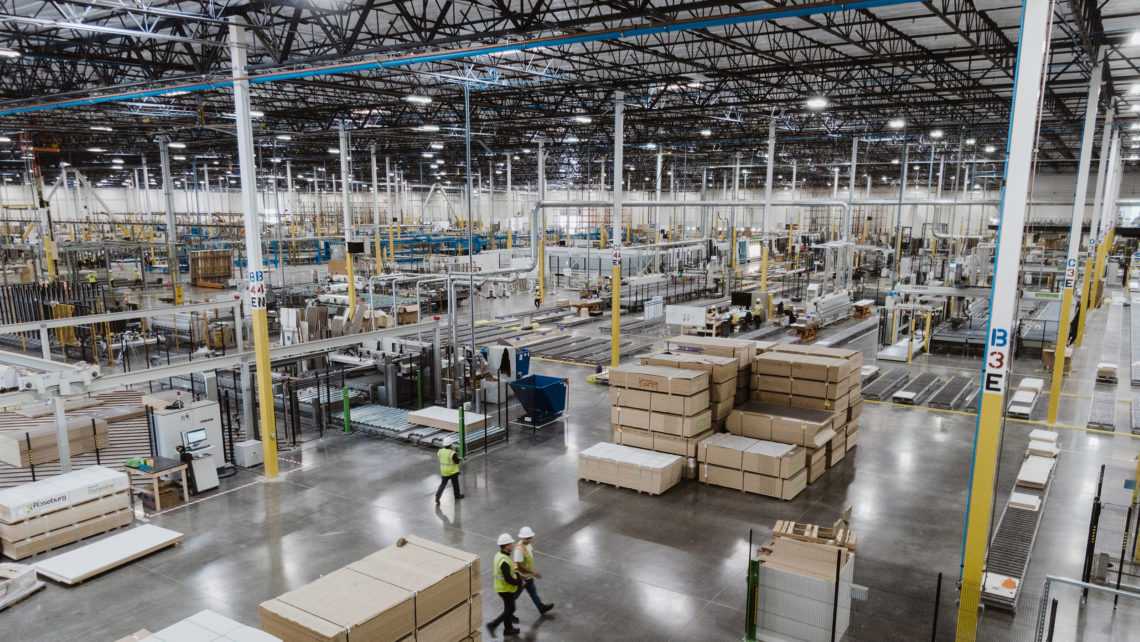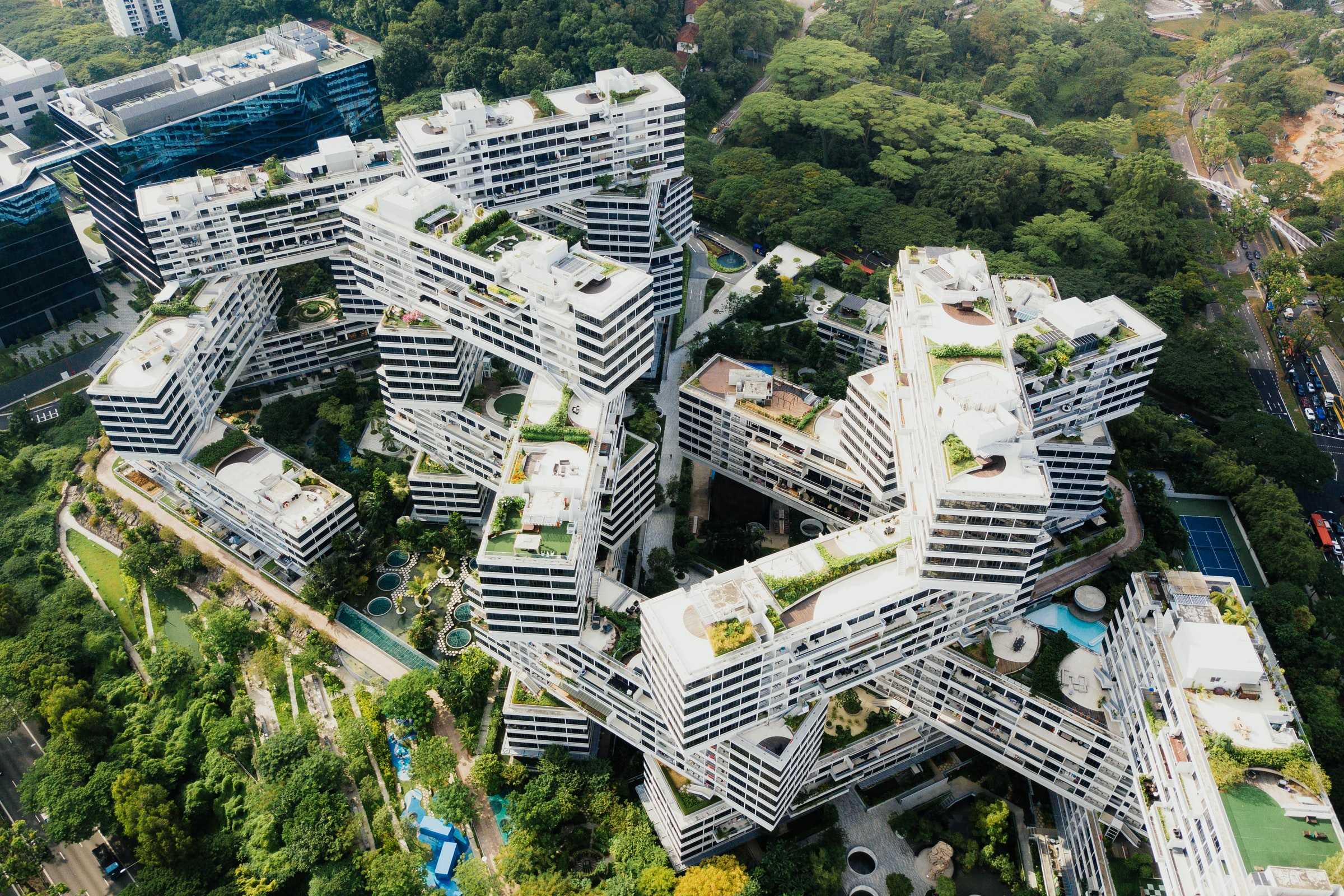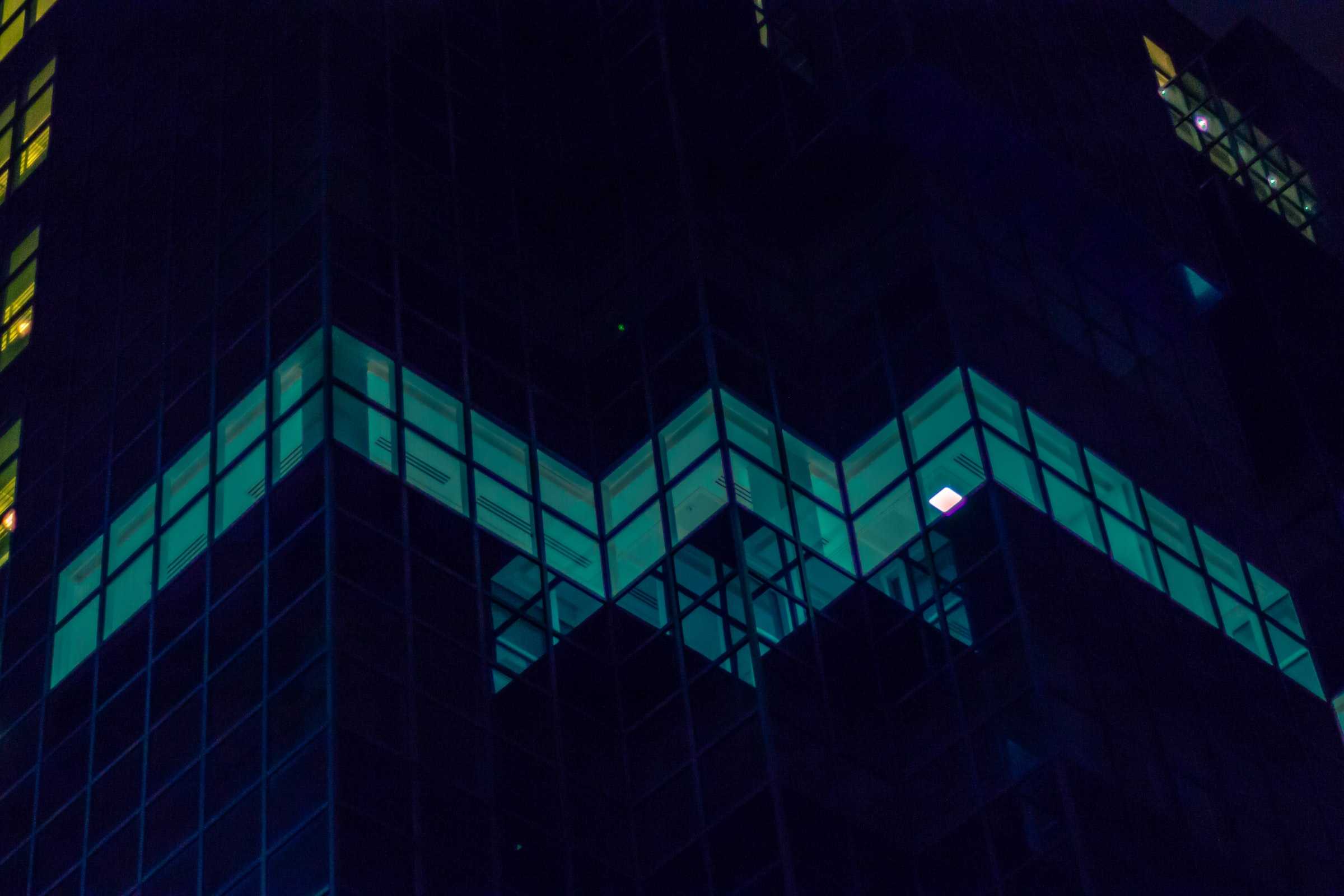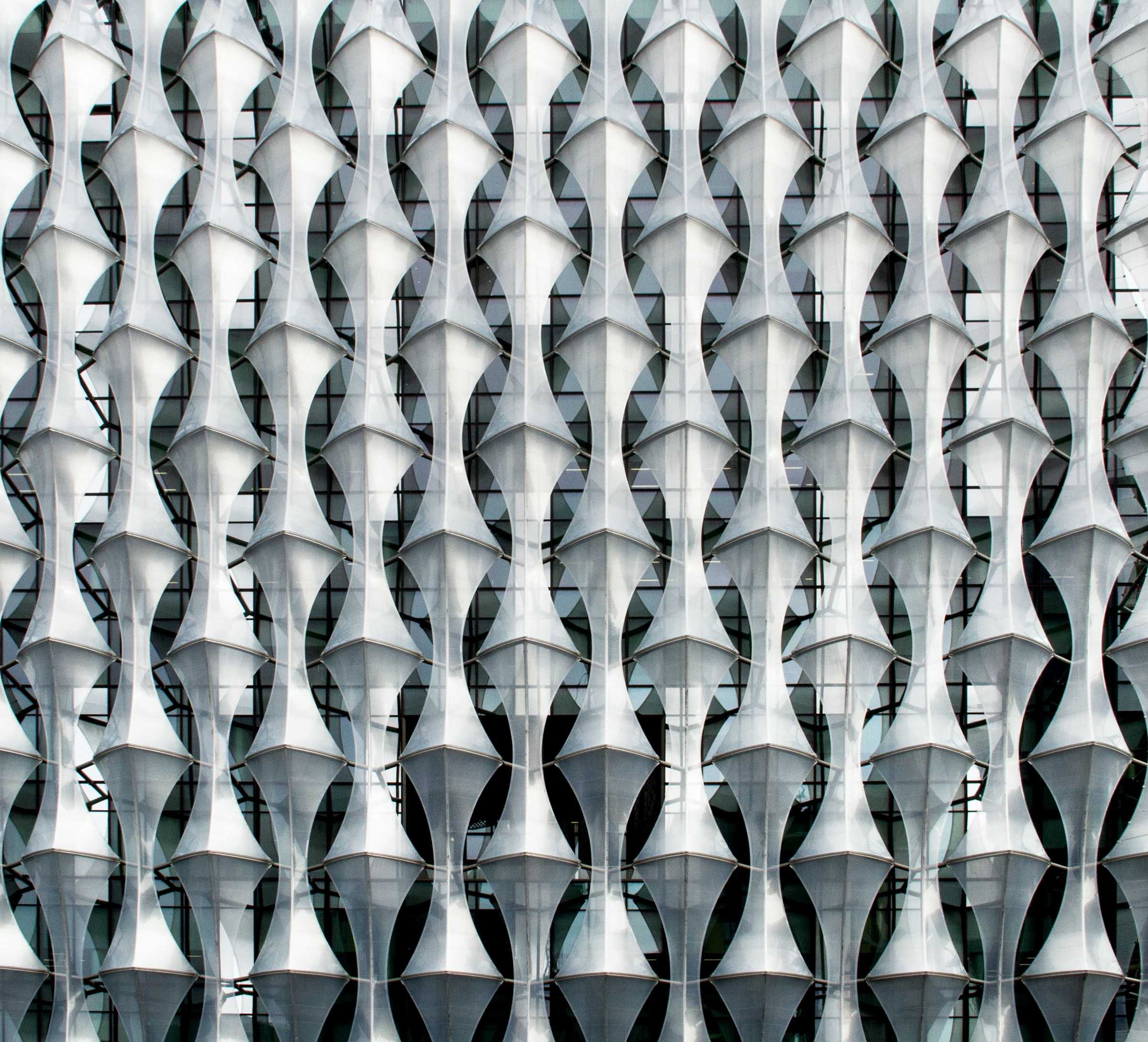
Modular construction
Modular construction has long tantalized construction industry innovators. But the June 2021 bankruptcy of Katerra, the biggest and most speculative venture in pre-fabricated construction to date (mega-VC SoftBank poured more than $2B into the company), has left many wondering how the sector will evolve.
The company's shortcomings are well-documented: it expanded too fast; ignored local variations in building codes as it tried to build a national supply chain; and vastly underestimated the complexity of taking on the entire vertically-integrated building supply chain.
But others are pushing the approach forward on smaller, residential projects. For instance, Ikea's joint venture with construction giant Skanska, BoKlok, makes prefabricated starter homes and is expanding from Scandinavia to the UK, and Canadian firm Bone Structure has developed a robotic manufacturing process that improves quality and cuts costs. Prefabricated and modular construction are still projected to account for up to 30 percent of the North American construction market in 2026. This points towards a future where a variety of smaller firms, focused on niches, are likely to push the modular construction sector forward rather than a large, vertically-integrated firms.




..png)
